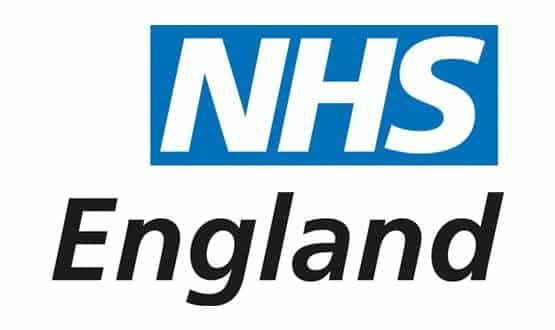NHS England’s IT strategy will focus on telehealth, customer service and integrated digital care records, Beverley Bryant has said.
The technology strategy was due to be published in December last year, but was then delayed until March and has now been pushed back until June this year.
Speaking at a Westminster Forum yesterday, the director of strategic systems and technology at NHS England said the reasons for the delay included a lack of evidence about the return on investment that technology could deliver.
Another reason is that NHS England needs to do more work with its stakeholders. “We are not going to develop a tech strategy for just the NHS,” Bryant said.
“If our mantra is integration, our mantra is interoperability; so we need it to speak to all health and care. [That means we need a] bit longer to converse and draw in partners from across the wider care system.”
“We also need some evidence. I need an evidence base saying ‘if you spend money in an organisation this is what you can expect in return on investment’. Creating that is going to be key in convincing Treasury and future government that this is not only good for patient experience and safety but for efficiency and finance.”
Yesterday, NHS England published its business plan for the next two financial years, setting out 31 business areas through which it will try and help the NHS to deliver “high quality care for all” and to develop as an organisation.
The business plan includes timescales for the development of new business models for urgent, acute, primary, and community and social care, to address the £20 billion ‘Nicholson Challenge’ to bridge the gap between flat funding and growing demand.
Oddly, however, although one of the business areas is integrated care, there is no mention of the ICDR, the tech strategy, or what will happen to the remains of the National Programme for IT in the NHS.
A section on ‘data, digital and customer services’ instead focuses on care.data and new services for commissioners and the public; although it reiterates that NHS England wants the NHS Number used as the primary patient identifier and indicates that action will be taken on record keeping standards.
Specific targets include 95% of GP practices giving patients access to records, online repeat prescriptions, and appointment booking by March next year, and for all outpatient referrals to go through the new e-referrals service by March 2017.
The document also promises a single user interface for access to GP and other NHS transactional services, and a new data service for commissioners, with an initial focus on invoice reconciliation, which has been difficult since Dame Fiona Caldicott's second review of information governance led to restrictions on the use of patient identifiable data for commissioning purposes.
On IDCR, Bryant said the focus would be on creating a clinically driven process around “finishing the job of getting off paper and onto safe digital record keeping.” This will also be the focus of the second round of the NHS England technology fund.
Telehealth will be a second focus, and the third will be ‘customer service’, and defining exactly what a ‘paperless’ NHS – as promised by health secretary Jeremy Hunt by 2018 – means.
“I want a paperless NHS, but that doesn’t mean the patient won’t have paper. The point is that the way we live our lives differs from person to person. The NHS should always be able to respond and interact with that,” said Bryant.

